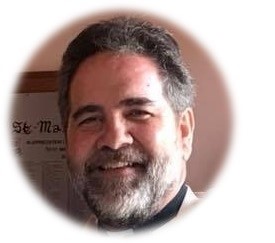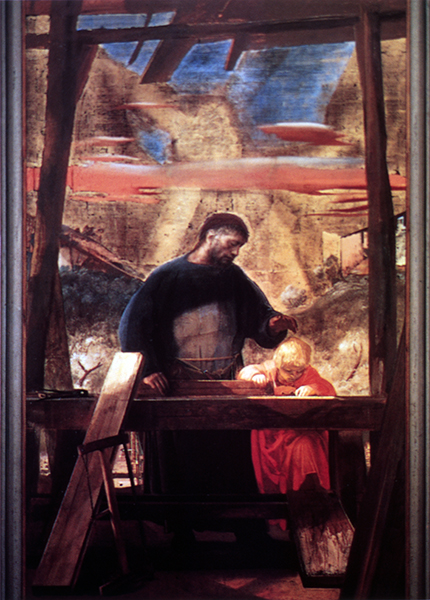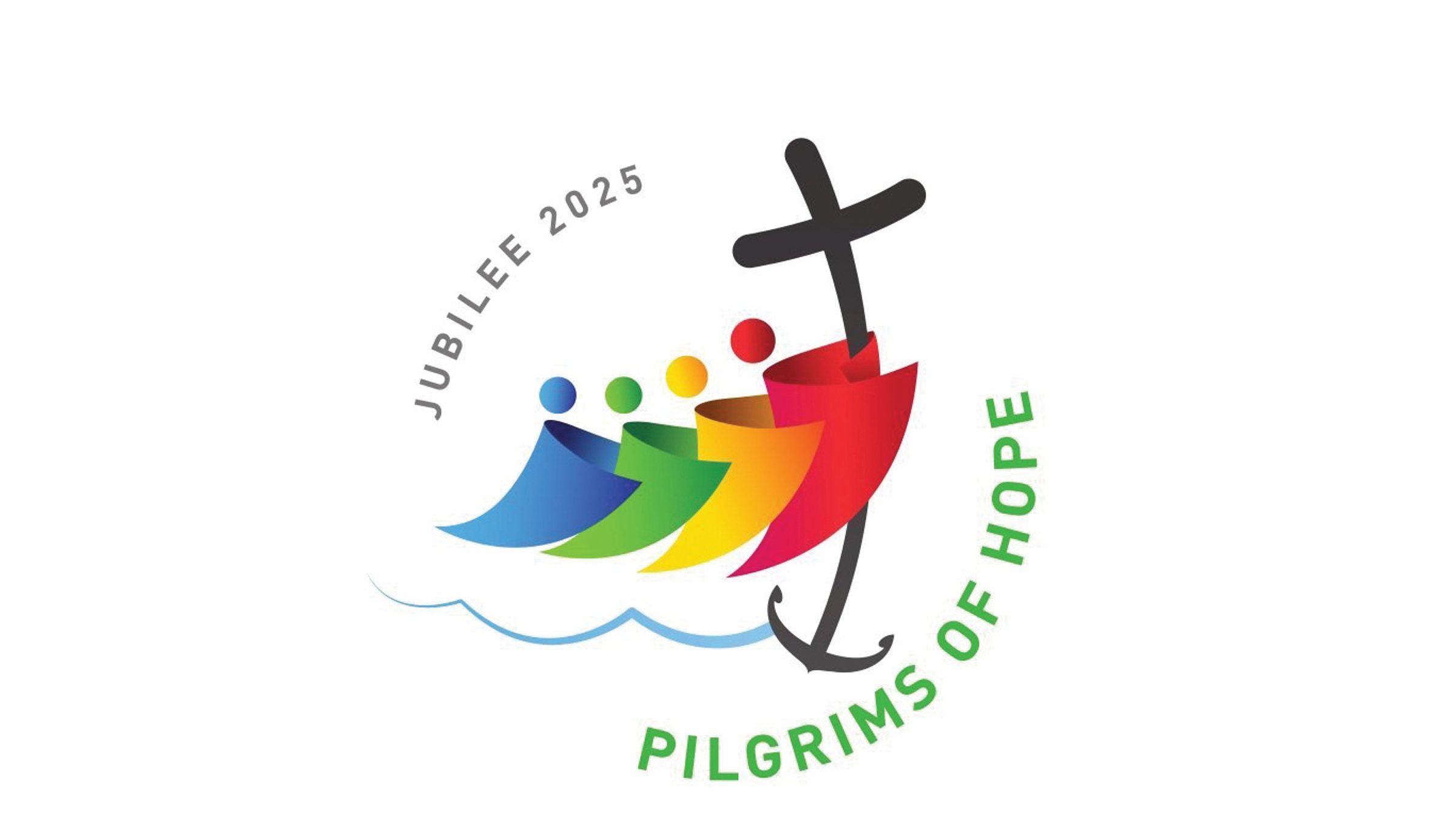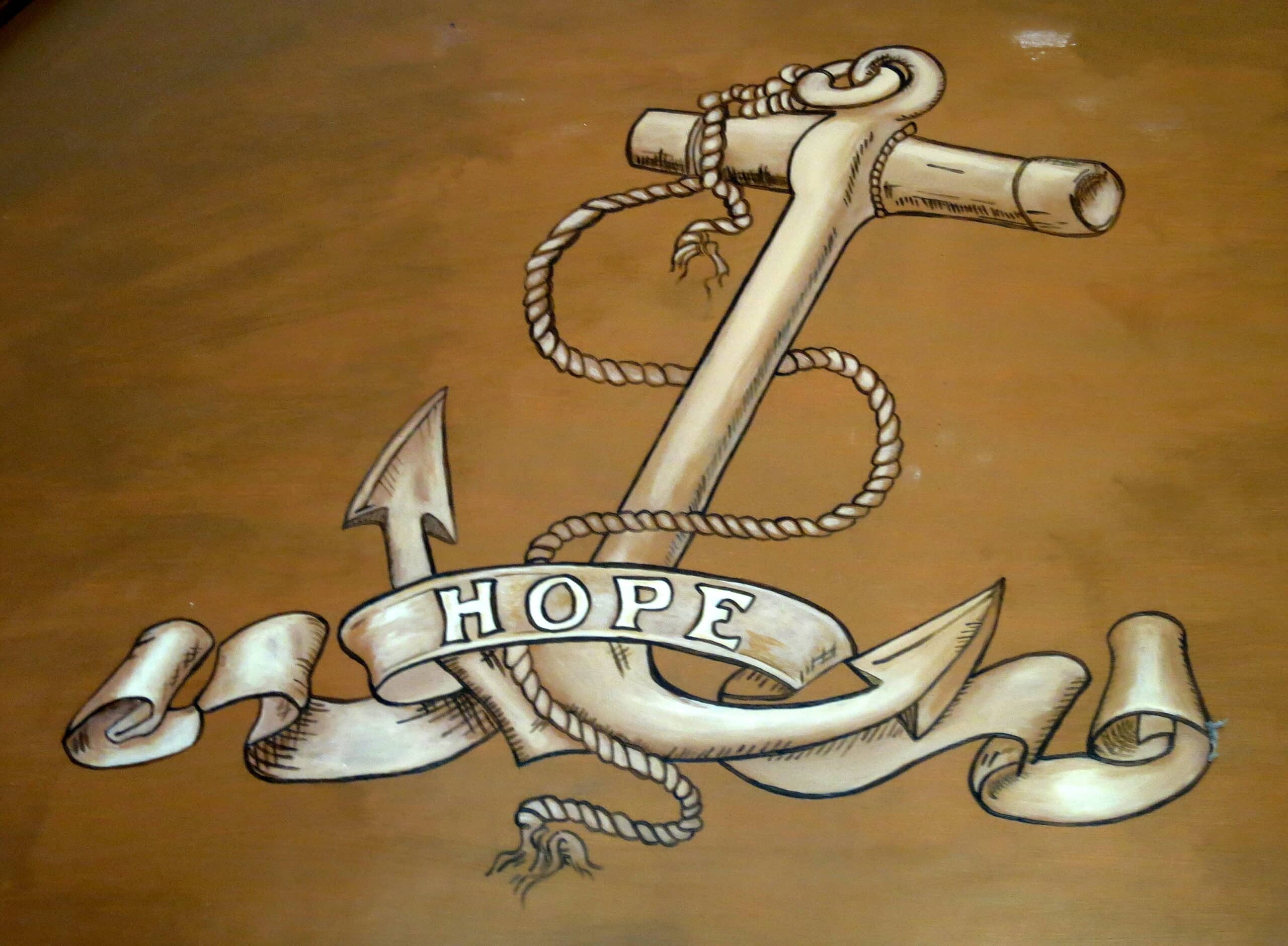Greetings my brothers and sisters,
In our reflections on the Apostolic Letter, Patris Corde, issued by Pope Francis on the occasion of the Year of St. Joseph, we arrive at the last numbered section entitled, A Father in the Shadows. This is a reference to a work on St. Joseph by the Polish author, Jan Dobraczyński: a novel depicting the life of St. Joseph. The title of the book, “In the Shadow of the Father” refers to the assertion by the author that St. Joseph “Joseph was the earthly shadow of the heavenly Father: he watched over him and protected him, never leaving him to go his own way” (Patris Corde, 7).
Pope Francis draws two very important conclusions from this assertion: Joseph was father to Jesus because he took responsibility for his care and Joseph was a father through his self-gift born of his self-sacrifice. Let’s take a closer look at these conclusions and their implications for vocation discernment.
The Holy Father states: “A man does not become a father simply by bringing a child into the world, but by taking up the responsibility to care for that child.” Of course, Joseph did not bring Jesus into the world, that was the work of the Holy Spirit in Mary. However, he is father to Jesus because God asked him to care for the child and his mother and Joseph accepted this task, this vocation. Says Pope Francis further: “Whenever a man accepts responsibility for the life of another, in some way he becomes a father to that person.” Thus, many of us who have not fathered children can still be fathers to them, if we seek to take on the responsibility of helping them to grow and mature.
This growth and maturity must come from introducing children to life and responsibility for their life, their vocation. This leads to the second conclusion from our Holy Father, being a father requires the gift of self, coming from self-sacrifice. Practically speaking, this means allowing the child to live his or her life and not seeking to live his life through the child. Pope Francis states very precisely:
Being a father entails introducing children to life and reality. Not holding them back, being overprotective or possessive, but rather making them capable of deciding for themselves, enjoying freedom and exploring new possibilities.
Of course, this can be scary and interventions are necessary at times so that the child does not hurt himself or herself or those around him or her too gravely. However, even these interventions are motivated by the desire to help the child grow into becoming who he or she is and not manipulating them to become who I want them to be.
This ability to allow the children to decide for themselves and enjoy freedom, Pope Francis says, demonstrates Joseph’s chastity. How? “Chastity is freedom from possessiveness in every sphere of one’s life. Only when love is chaste, is it truly love.” Far from being a call not to love, chastity is the only way to truly love, whether in marriage or apart from marriage.
The logic of love is always the logic of freedom, and Joseph knew how to love with extraordinary freedom. He never made himself the centre of things. He did not think of himself, but focused instead on the lives of Mary and Jesus.
Joseph did not seek to possess either Mary or Jesus. He sought only to help them realize their vocations as he sought to realize his. “Every true vocation is born of the gift of oneself, which is the fruit of mature sacrifice.” By giving himself in true love, Joseph realized his vocation to be husband to Mary and father to Jesus. And he understood that his fatherhood was a “sign” pointing to the true and Heavenly Father, which all fathers are called to realize and accept in their vocation.
Fr. Brian, OSJ




